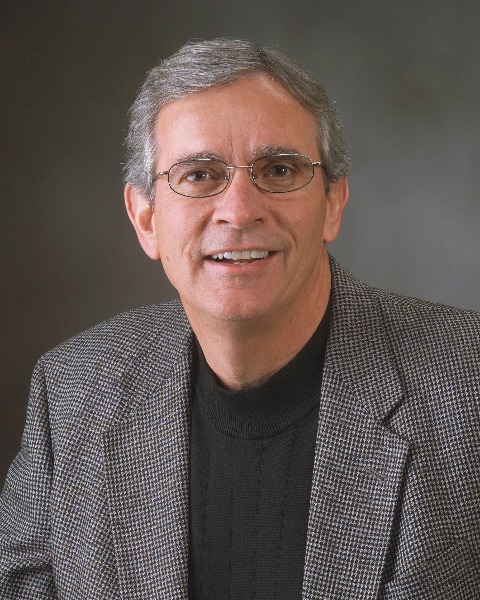Symposia
Treatment - Other
3 - (SYM 42) Examining Collaborative and Proactive Solutions as an Evidence-based Alternative to Parent Management Training for Youth with Oppositional Defiant Disorder
- RM
Rachael Cheri Murrihy, Psy.D. (she/her/hers)
Director
Virginia Polytechnic Institute and State University
Randwick, New South Wales, Australia - JM
John McAloon, PhD (he/him/his)
Senior Lecturer
University Technology Sydney
Sydney, New South Wales, Australia - RG
Ross Greene, PhD (he/him/his)
Director
Lives in the Balance
Freeport, Maine - TH
Thorhildur Halldorsdottir, PhD (she/her/hers)
Assistant Professor
Reykjavik University
Reykjavik, Suourland, Iceland - SD
Sophia Drysdale, PhD (she/her/hers)
Researcher
University Technology Sydney
Sydney, New South Wales, Australia - AD
Anna Dedousis-Wallace, M.S. (she/her/hers)
Psychologist
Virginia Polytechnic Institute and State University
Kensingon, New South Wales, Australia 
Thomas H. Ollendick, Ph.D. (he/him/his)
Professor
Virginia Tech
Blacksburg, Virginia
Speaker(s)
Co-author(s)
Background: Oppositional defiant disorder (ODD) represents the most common reason for families seeking help in primary care settings. Over the past 40 years, Parent Management Training (PMT) has been the "gold standard" of evidence-based treatment for youth with ODD. Despite the impressive research base for PMT, not all families are responsive to this treatment model. Thus, the need exists for alternative treatments for families that do not respond to PMT or find the model unappealing. This randomized comparison trial investigates the effectiveness of Collaborative and Proactive Solutions (CPS) compared to PMT for the treatment of oppositional youth. The aim is to determine whether equivalent outcomes for CPS and PMT shown in an earlier RCT by Ollendick et al. can be reproduced in a “real world” setting (2016). Methods: One hundred and sixty participants, aged 7-14 years, were randomized to either PMT or CPS conditions. Families received, on average, 12 one-hour sessions of psychological treatment, delivered in a community setting. They were assessed at pre- and post-treatment and again at 6-month follow-up. Assessment comprised semi-structured interviews, child and parent questionnaires and clinician rated severity and global improvement. Results: Using an intent-to-treat sample, analyses were conducted with hierarchical growth linear modeling, ANCOVA, and equivalence testing. Both treatments demonstrated similar outcomes, with almost all of the youth moving into the non-clinical range after treatment, and two-thirds being considered much improved. No differences were found between groups and gains were maintained at follow-up. Conclusion: CPS works as effectively as the well-established treatment, PMT, for youth with ODD, when implemented in a community setting. CPS is a promising alternative treatment for oppositional behavior in youth.

